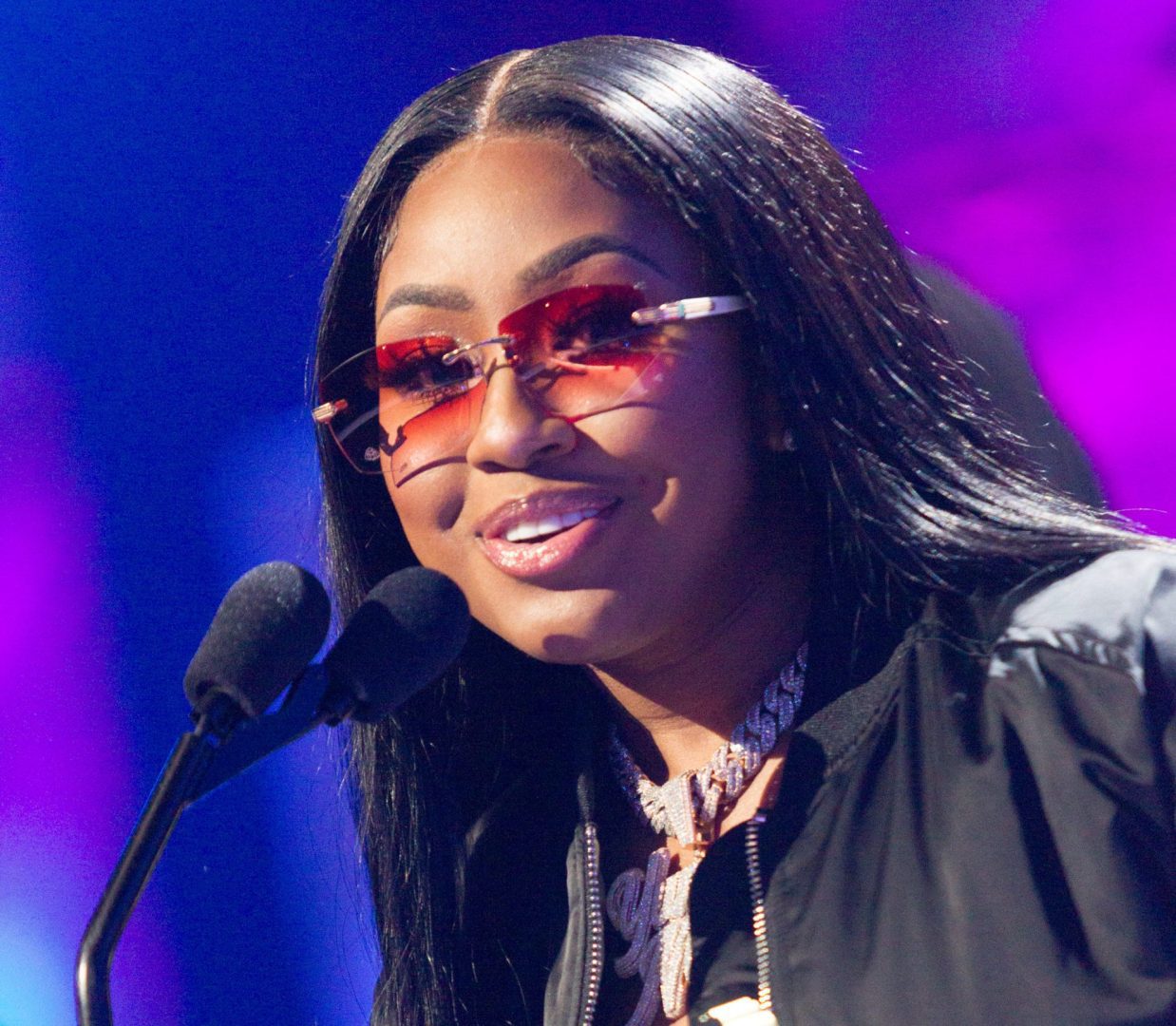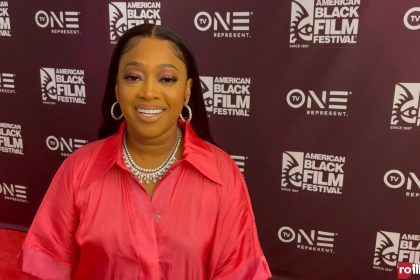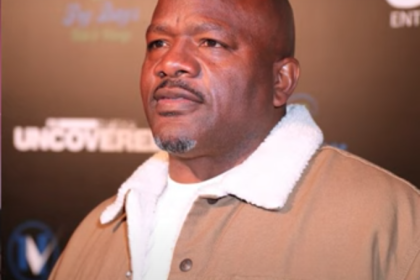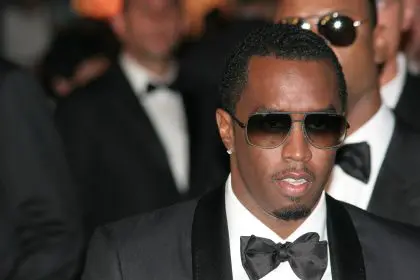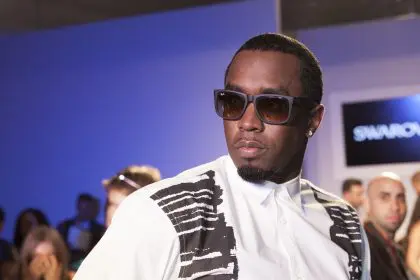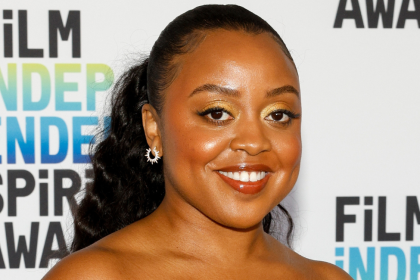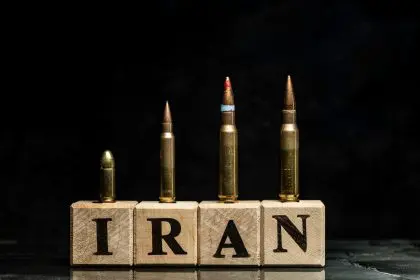The disturbing allegations against Sean “Diddy” Combs and his former partner, Yung Miami, echo a troubling pattern seen in cases where women play roles in enabling or assisting powerful men in their abusive behavior. The lawsuit filed by Jane Doe — accusing Diddy of sexual assault, abuse and coercion, as well as implicating Yung Miami in pressuring her to terminate a pregnancy — brings to mind other high-profile cases where women have aided abusers, such as Ghislaine Maxwell’s role in facilitating Jeffrey Epstein’s crimes.
Patterns of enabling abuse
Just as Maxwell helped Epstein lure and groom victims for sexual exploitation, the allegations against Yung Miami highlight the complex dynamics of women supporting or enabling abusive men. According to the lawsuit, reported USA Today, Yung Miami allegedly harrassed Jane Doe by pressuing her into an abortion, raising critical questions about the complicity of women in abusive systems. In Maxwell’s case, her participation in Epstein’s network was pivotal in sustaining his exploitation of young girls; her presence added an air of legitimacy and trust that lured victims deeper into a dangerous web.
The role of women in facilitating abusive power structures
Historically, women like Maxwell — and now possibly Yung Miami — have been involved in perpetuating the cycles of abuse wielded by powerful men. Whether driven by loyalty, manipulation or a desire for personal gain, these women often serve as crucial enablers, helping abusers maintain their grip on victims. The allegations against Yung Miami emphasize the broader issue of how some women become instruments of control, coercing or manipulating victims under the influence of a dominant male figure.
This dynamic is not new. In the case of R. Kelly, numerous women were involved in helping facilitate his control over victims, from grooming them to enforcing his rules. Their actions — much like what is alleged against Yung Miami — helped sustain a cycle of abuse that would otherwise be more difficult for a single individual to maintain. These enablers often provide the logistical or emotional infrastructure that abusers need to manipulate and control their victims, making it difficult for them to escape.
Legal and social implications
As lawsuits like this one unfold, the legal system is being forced to reckon with the roles women play in these abusive power structures. In Maxwell’s trial, her participation in Epstein’s crimes was judged as equally harmful, leading to a conviction that highlighted her role in facilitating his predatory behavior. If the allegations against Yung Miami are proven, it would reinforce a legal precedent that holds not only the primary abuser accountable but also those who assist in perpetuating the abuse.
This also raises a broader societal conversation about complicity and the power dynamics involved. Just as Maxwell’s trial forced a closer look at how women can be both victims and perpetrators within abusive systems, Yung Miami’s alleged involvement opens a discussion about how individuals in close proximity to powerful men can become entangled in — and even complicit with — their abusive actions.
Cultural shifts in accountability
The wave of recent high-profile cases and lawsuits — such as those against Harvey Weinstein, Kelly and Epstein — has prompted a cultural shift in how society views enablers of abuse. In the past, powerful figures in entertainment were often protected by their inner circles, with abusers using their influence and wealth to shield themselves from consequences. But as more victims come forward and more accomplices are held accountable, the entertainment industry is being forced to confront its longstanding culture of silence and complicity.
The allegations against Diddy and Yung Miami come at a time when victims are increasingly finding the courage to speak out, inspired by movements like #MeToo that have highlighted the systemic nature of abuse in industries like entertainment. As these cases progress, they send a clear message: complicity will no longer be tolerated, and those who assist or enable abuse — regardless of gender — will face consequences.
Women as enablers and as victims
The lawsuit against Diddy, and the allegations involving Yung Miami, underscore a disturbing yet familiar pattern of women enabling powerful men in their abusive actions, reminiscent of Maxwell’s involvement with Epstein. These cases highlight the complex and often troubling dynamics between abusers and their enablers, bringing to light the roles that individuals — regardless of gender — can play in perpetuating systems of control and exploitation. As society continues to hold all parties accountable, it’s clear that justice is moving beyond just the abuser, recognizing the broader networks of complicity that sustain abuse.

